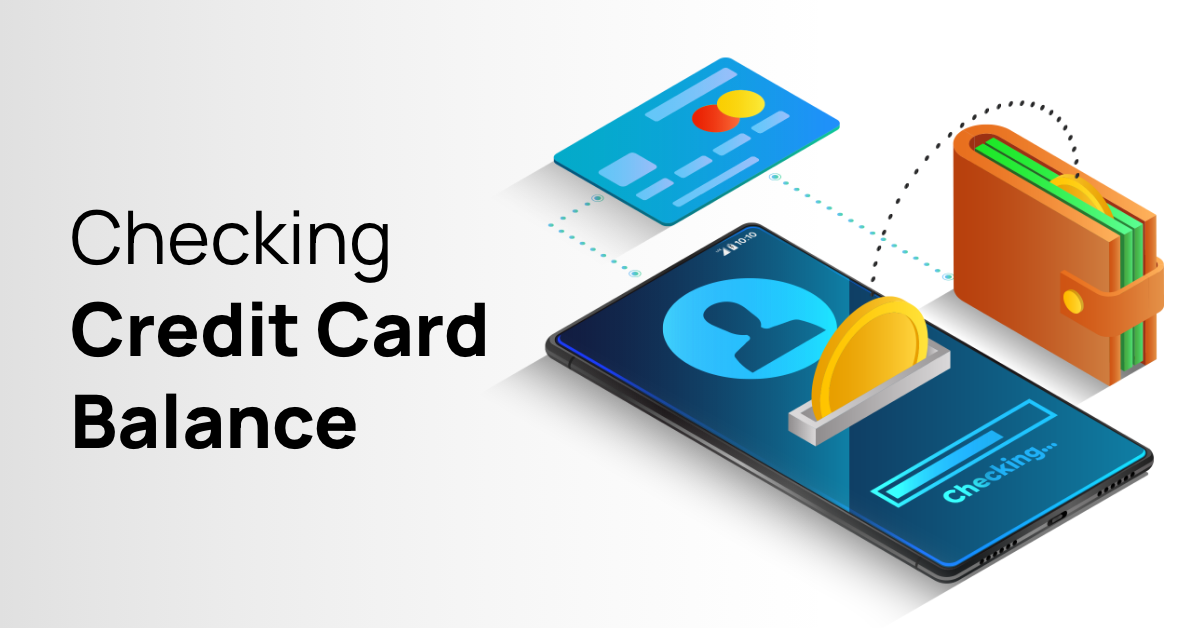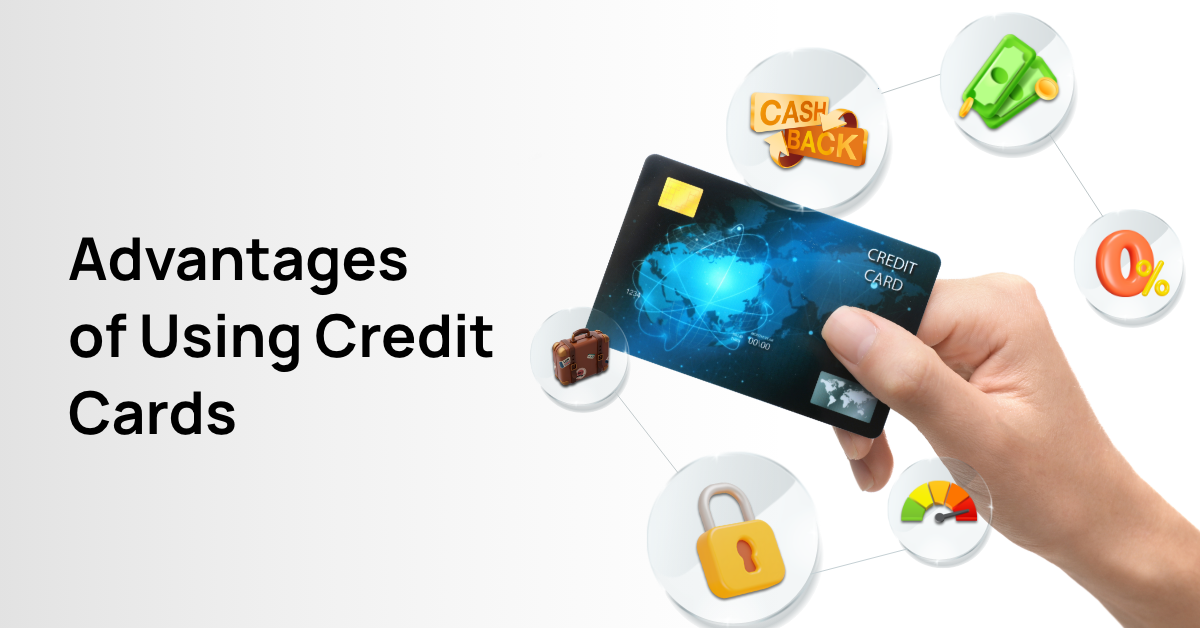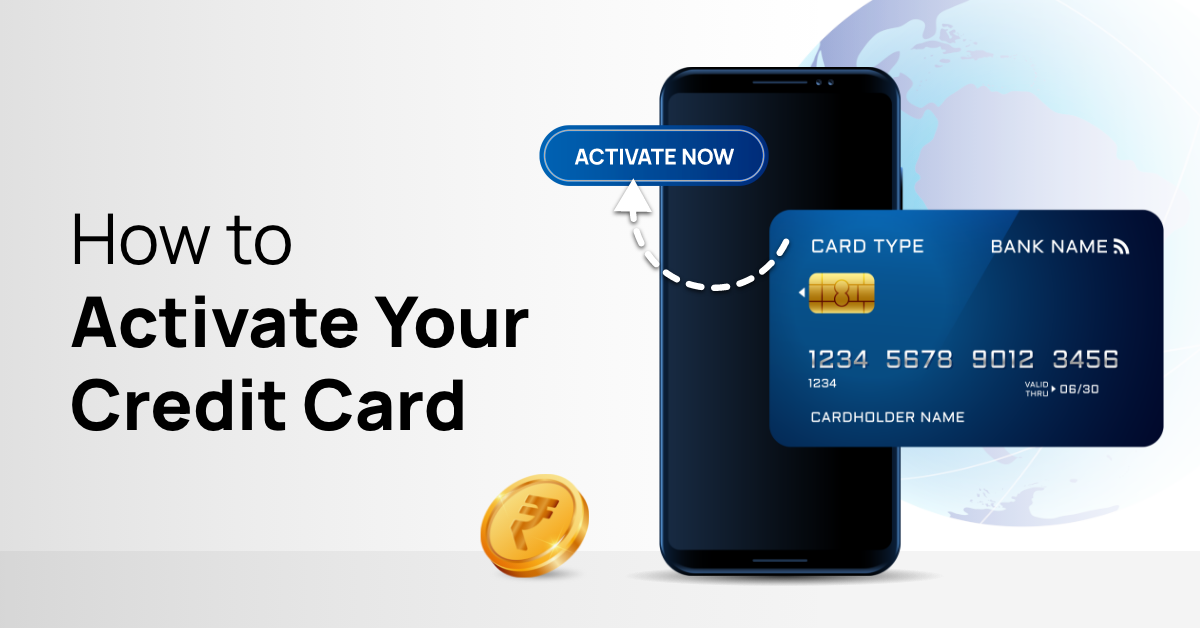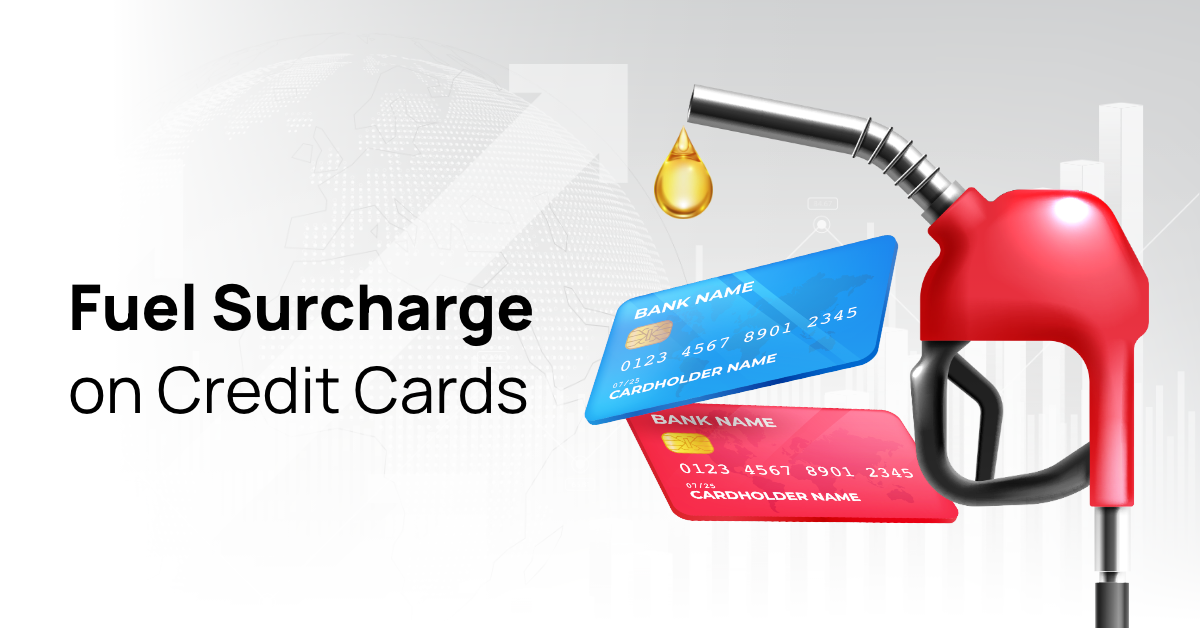How to Check Credit Card Balance? Step by Step Guide
By OneCard | November 15, 2023

Being in control of your finances is a powerful thing, and monitoring your credit card balance is a key aspect of it. While the world of personal finance can feel tricky at times, this guide has got your back! Read on and learn how to check your credit card balance without any hassle.
Table of contents:
What is a Credit Card Balance?
A credit card balance represents the unpaid amount on your credit card account. It includes any purchases you’ve made, cash advances you’ve taken, and any applicable fees or interest charges. When you make an EMI purchase using a credit card, it won’t directly reflect in your balance. Instead, the purchase is converted into monthly instalments, which are then added to your credit card bill each month. The balance reflects the total amount owed, including outstanding EMI instalments.
If you pay your credit card bill in full each month, the balance will be zero. However, if you carry the balance forward, it may accumulate interest charges, making it important to manage and reduce your outstanding balance to avoid unnecessary interest expenses. Monitoring your credit card outstanding balance regularly allows you to stay on top of your financial obligations and make informed decisions regarding your spending and repayment strategies.
How to Check Credit Card Balance?
Here is a step-by-step guide on how to check your credit card balance through various convenient methods.
1. Using Online Banking or Mobile App
One of the most convenient and efficient ways to conduct your credit card balance check is through your issuer’s online portal or mobile app. Follow these steps:- Visit the issuer’s website or download the mobile banking app.
- Log in to your account using your username and password.
- Head over to the credit card section or account overview.
- Locate and click on the option to check your credit card balance.
Your current balance will be displayed on the screen, along with any pending transactions or recent activity.
2. Contacting Customer Service
If you prefer a more personal approach, you can contact your credit card's customer support to find out the outstanding balance on your credit card. Here's what you need to do:- Locate the customer support number on the back of your credit card or on your credit card statement.
- Dial the number and follow the automated instructions to reach a representative.
- Provide the necessary identification details to verify your account.
- Ask the representative to provide you with your credit card balance.
3. Credit Card Statement
Your credit card statement provides valuable information, including your balance and recent transactions. Follow these steps to check your balance:- Retrieve your most recent credit card statement from your mailbox or email.
- Look for the section that displays your current balance.
- Take note of any pending transactions or fees that may affect your balance.
Remember to review your statement regularly to track your spending habits and ensure accuracy.
4. Mobile Wallet Apps:
- Open the mobile wallet app on your device.
- Select the credit card you want to check the balance for.
- Look for the option to view your card details or balance.
The app will display your credit card balance, along with any recent transactions.
5. Visit a Bank Branch
If online methods aren’t comfortable for you, you can always visit a bank branch in person, in case you have a credit card issued directly by a bank. Speak to a bank representative at the customer service desk and request assistance for checking your credit card balance. They will guide you through the process and ensure you have the most up-to-date information.
Importance of Knowing Credit Card Balance
Knowing your credit card balance is essential for several reasons:
-
Financial management: Keeping track of your credit card balance helps you maintain a clear understanding of your outstanding balance.
-
Budgeting: By knowing your credit card balance, you can factor it into your budget and ensure that you’re allocating enough funds to cover your payments.
-
Avoiding interest charges: Being aware of your credit card balance allows you to make timely payments and avoid accumulating interest charges on unpaid balances.
-
Helps avoid overspending: By regularly checking your credit card balance, you can be more mindful of the amount you are spending and avoid overspending.
-
Setting financial goals: Knowing your credit card balance helps you set realistic financial goals. Whether it’s paying off a certain amount each month or reducing your balance to a specific target, having a clear picture of your current balance is crucial for tracking your progress.
-
Planning for big purchases: If you’re considering making a big purchase, such as booking a vacation abroad or buying an expensive electronic appliance, knowing your credit card balance helps you evaluate whether you have enough credit or if it’s necessary to pay off some of the balance beforehand.
-
Identifying errors or discrepancies: Regularly monitoring your credit card balance allows you to quickly identify any errors, duplicate charges, or discrepancies on your account. Promptly addressing these issues can save you from potential financial headaches and protect your credit score.
FAQs on How to Check Credit Card Balance
How can I check my credit card balance online?
To check your credit card balance online, you can log in to your credit card issuer’s website or use their mobile app. Once logged in, navigate to the account dashboard or statement section, where you can view your current credit card balance, recent transactions, and other account details. Online access provides convenience and real-time information about your credit card balance.
What is the meaning of a credit balance refund?
A credit balance refund refers to a situation where a customer has paid more money than the amount owed on their account. In some scenarios, the credit balance refund may be higher than the original amount due. This can happen when, for example, a customer cancels a service or returns a product that was already paid for.
In such cases, the excess amount is refunded to the customer, resulting in a credit balance. This credit balance can be used towards future purchases or may be requested as a cash refund, depending on the policies of the card issuer.
How long does it usually take for a credit balance refund?
The timeframe for a credit balance refund can vary depending on the credit card issuer and their policies. Generally, it takes a few business days to process the refund once it has been requested. After that, the actual time it takes for the funds to be returned to you depends on the payment method chosen by the credit card company (e.g., it can be a bank transfer or a cheque). It’s advisable to contact your credit card issuer directly to inquire about their specific refund processing times.
What will happen if I overpay the credit card balance?
If you overpay your credit card balance, the credit card issuer will hold the excess amount as a credit in your account. You can choose to leave the credit in your account for future purchases or request a refund. The credit can offset future charges on the card until it is fully utilised, or it can be refunded to you. Overpaying your credit card balance does not result in any negative consequences, but it’s important to keep track of the excess credit.
Can you check your credit card balance on the phone?
Yes, credit cards come with mobile apps that allow you to check your credit card balance. Simply download the app provided by your credit card company, log in to your account, and navigate to the section where your balance is displayed. Typically, balances are displayed on the home screen itself.
Can I check my credit card balance offline?
Yes, you can check your credit card balance offline by visiting your bank branch or calling the customer care service.
Why is it important to check your credit card's outstanding balance?
Regularly checking your credit card’s outstanding balance is important for timely payments, managing credit utilisation, detecting potential fraud, and ensuring good overall financial health.
What is minimum balance credit card?
A minimum balance credit card is a type of credit card that requires you to maintain a specific minimum balance in your account to avoid fees or penalties. This balance can be a set amount or a percentage of your credit limit.
**Disclaimer: The information provided in this webpage does not, and is not intended to, constitute any kind of advice; instead, all the information available here is for general informational purposes only. FPL Technologies Private Limited and the author shall not be responsible for any direct/indirect/damages/loss incurred by the reader for making any decision based on the contents and information. Please consult your advisor before making any decision.

Credit Card Benefits - Advantages & Disadvantages of Credit Cards


What is Fuel Surcharge Waiver in Credit Card & How Does It Work?


Sharing is caring 😉